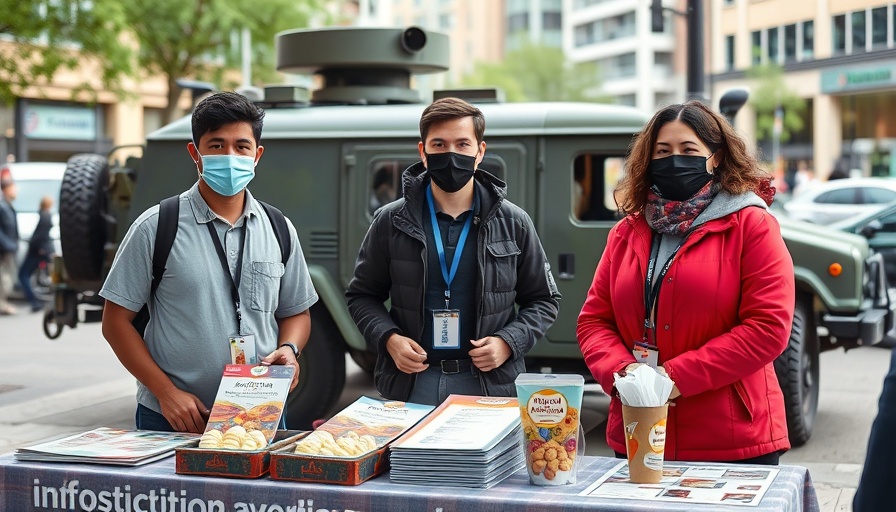
LACDMH’s Critical Role in Wildfire Recovery
As wildfires ravaged parts of Los Angeles County starting January 8, the Los Angeles County Department of Mental Health (LACDMH) quickly sprung into action. Their presence was immediate and impactful, with over 250 clinicians, community health workers, and clinical pharmacists providing crucial mental health support at various recovery centers, including those in Altadena, Pacific Palisades, Pasadena, Westwood, and Malibu.
Wildfires are not only destructive to properties but also devastating to mental health. Evacuations often occur with little warning, leaving residents to face immediate crises without medications, personal belongings, or essential necessities. LACDMH’s teams not only offered psychological support but also helped to restore some sense of normalcy in the lives of the affected by providing essential items such as clothing and medications.
Building a Collaborative Framework for Recovery
The success of LACDMH’s efforts can largely be attributed to their collaborative approach, working alongside federal, state, and local agencies, including the Federal Emergency Management Agency (FEMA). This collaboration allowed for a multifaceted response, which was essential for the rapid recovery efforts. Individuals could access disaster recovery centers and receive critical documents like temporary driver’s licenses, expedited passports, and even birth certificates, facilitating their path towards stability.
This cooperative spirit between government bodies and nonprofits reflects the community’s resilience and brings light to the importance of solidarity during crisis recovery. Sharing resources and responsibilities ensures that all angles of disaster recovery are addressed, not just those related to immediate physical needs.
The Importance of Mental Health in Disaster Recovery
Mental health plays a pivotal role in the recovery process. Dr. Lisa H. Wong, the LACDMH Director, emphasized that healing isn’t solely about reconstructing homes and physical structures but also about addressing emotional pain and trauma. Counselors engaged with victims to help them navigate through the overwhelming feelings associated with loss, stress, and anxiety that can accompany such devastating events. Whether through individual counseling or group sessions, LACDMH has positioned itself as a key player in fostering emotional healing after the trauma of wildfires.
Resources Available for Residents
In addition to the services offered at recovery centers, the LACDMH has made it clear that support is ongoing. Residents can reach out any time through their 24/7 Help Line at (800) 854-7771, which remains a crucial lifeline for those grappling with the mental aftershocks of the wildfires. The website hosts a wealth of resources, including links to local services that specialize in disaster-related mental health support.
Empowerment Through Awareness and Education
It is essential for the broader community to recognize the importance of mental health support both during and after a disaster. By raising awareness of the available resources, individuals can empower themselves and those around them to seek help when necessary. Programs like the one offered by the LACDMH not only provide direct support but also educate the public about the profound effects disasters have on mental well-being.
A Path Forward Together
As the community navigates recovery, it's important to remember the lesson that recovery involves rebuilding both physical and emotional landscapes. Families, friends, and community members should work together to create an environment where mental health is prioritized and support is readily available. Each small step taken today towards recovery can have significant long-term benefits for personal and communal healing.
Join the Movement for Support
If you or someone you know is struggling with the aftermath of the wildfires, reach out to LACDMH for assistance. Understanding that mental health is just as crucial as physical recovery can change lives. Help is available, and it’s important not to bear the burden alone. Together, the community can emerge stronger, more resilient, and more connected.
 Add Row
Add Row  Add
Add 



Write A Comment